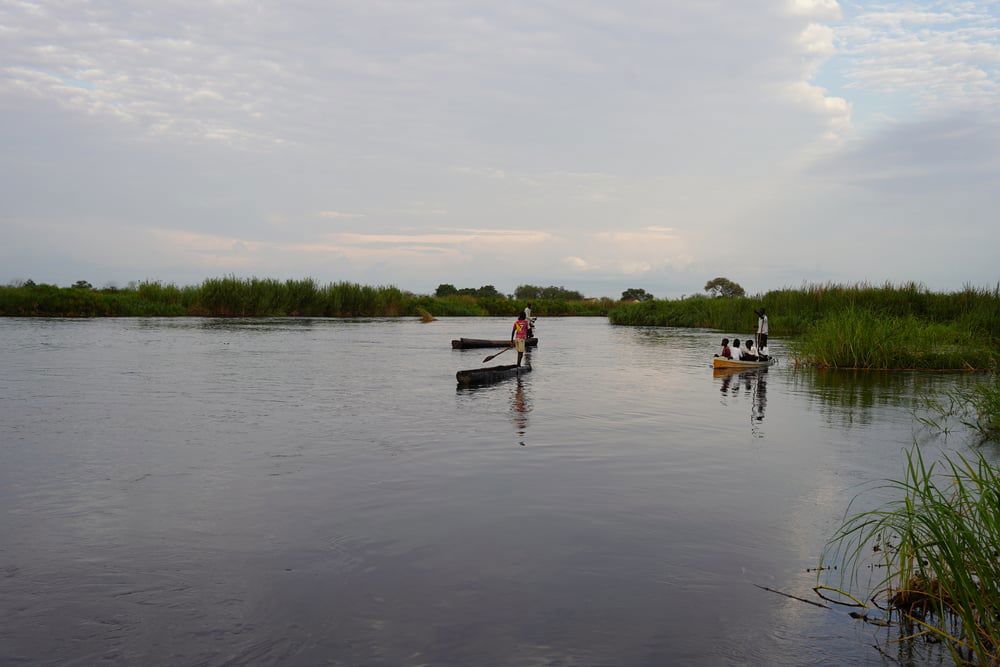MSF medical coordinator Manoelle Carton describes the situation in the Libyan cities of Derna and Susah, one week after the devastating floods caused by Storm Daniel.
What is the situation in Derna one week after Storm Daniel?
“In Derna, the situation is now quieter compared to the chaotic situation we found a few days ago, in the first days following the storm. There are now far fewer cars and people in the streets, maybe some volunteers have already left the city, and the families who were still seeking survivors have given up. The chaos of all the aid organisations and volunteers has decreased a lot. Now it feels more like the quiet after the storm. Small things in the city are coming back. You see more small shops open and the city is changing, and I'm sure it will continue to change.”
What is the situation in other cities in the area?
“Over the weekend, we went to Susah and other cities surrounding Derna to assess the situation. In Susah, there were around 20,000 inhabitants before the floods. The city was also damaged, although to a lesser extent than Derna, but still a part of the city shows really major damage. From the medical point of view, in Susah, as in Derna, there is a need for medical support in terms of mental healthcare and also chronic diseases.”
What activities has MSF carried out so far?
“On Monday [18 September], we went to one of the places in Derna supported by the Libyan Red Crescent and we did some medical consultations. There are still some medical doctors from Tripoli who came to Derna to support local health staff. In one place we visited, two days ago there were 44 displaced families; today there are only 13 families. All the others have left for Benghazi. Those who remain are those who don’t want to leave the city.”
What does MSF plan to do?
“We are finalising our assessment of the medical and humanitarian needs and getting ready to start operating. Our proposal presented to the Libyan Ministry of Health has been approved; now we will start activities as soon as possible. Some MSF team members will arrive in Derna in the coming hours. As the city was literally split in two by the floods, our teams will fully support two primary healthcare centres on both sides of Derna – one the east side of the city, the other one on the west. We will also support another health centre and focus on chronic diseases and, of course, on mental healthcare. We will also run mobile clinics providing mental healthcare in sites where displaced people are staying, and provide water and sanitation services. Our water and sanitation specialists will also do a comprehensive assessment together with other organisations on the ground. That is the situation for now.”



